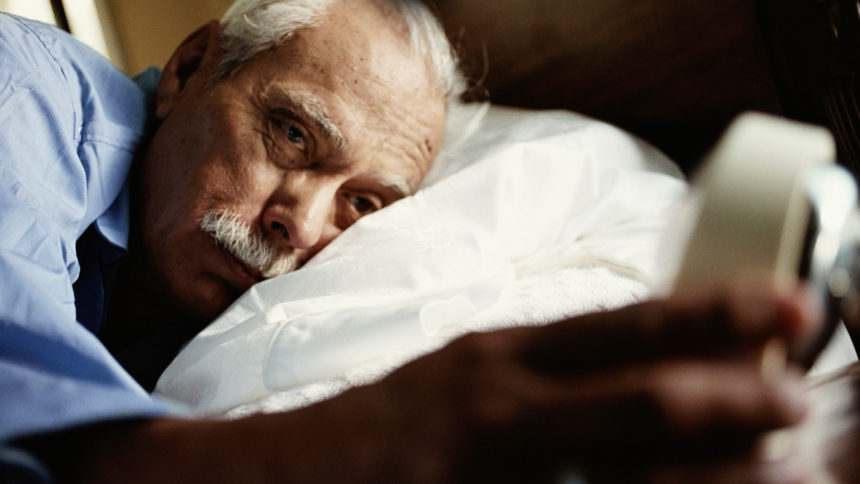
Older men and women who are exposed to any amount of light while sleeping are more likely to have high blood pressure, diabetes and obesity than their peers who sleep with no light, a new study has found.
Investigators analyzed data about sleep patterns, nighttime light exposure and health issues in 552 men and women aged 63 to 84 years old. Light exposure was tracked using wrist devices.
The data does not provide evidence of whether light exposure at night helps to cause disease or is prompted by disease symptoms, the researchers emphasized. Older individuals with chronic illness may have reasons for keeping a light on at night, they noted. They may use lighting to safely reach the bathroom or prevent falls, for example. But the investigators said they were surprised to find that less than half of the study participants consistently had five hours of complete darkness a day.
Reduce nighttime light exposure
Light in the bedroom at night has been shown to be bad for sleep, and there is much evidence that poor sleep is linked to poor health. The study’s authors recommend that older adults either avoid or minimize this health hazard. Their recommendations for older adults include the following:
- Don’t keep the lights on at night. If a light is needed for safety, make it a dim light that is closer to the floor.
- Ensure that necessary light sources are amber or a red/orange in color to be less stimulating for the brain. White or blue light should be kept far away from the sleeping person.
- Use blackout shades or eye masks can help control outdoor light.
- Move the bed so the outdoor light isn’t shining on the face.
Full findings were published in the journal Sleep.
Related articles:
‘Tuned’ lighting cuts nighttime sleep disturbances in half, nursing home study finds




